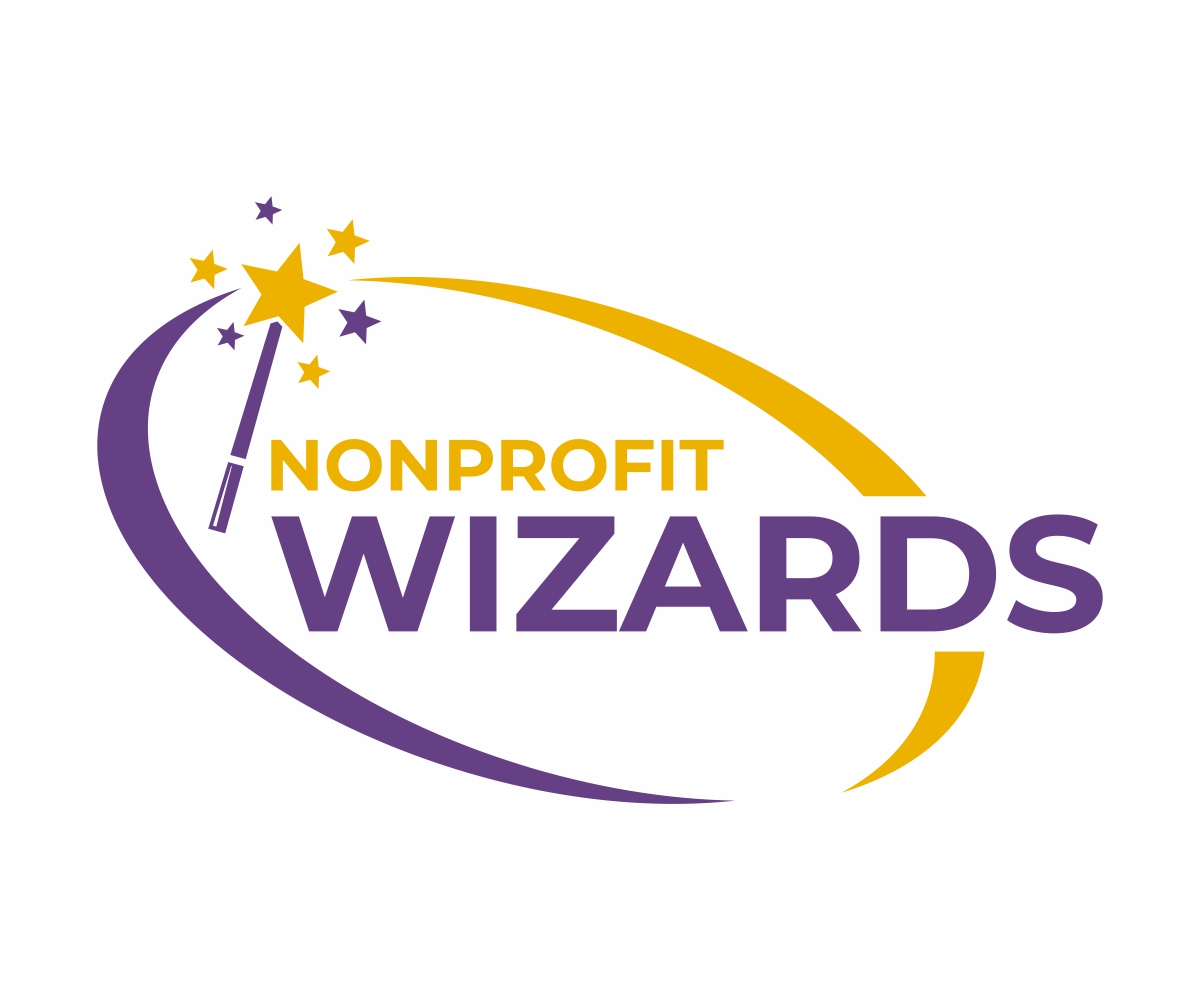“No. I can’t do that.”
The words stung. I was sure we would get this gift. After all, Mr. Prospect had served as board chair a decade earlier, during a critical point in the life of our organization. He had given a nice gift to the last capital campaign.
In addition, he’d remained involved on an advisory committee. This group of seasoned business executives met a couple of times per year, and Mr. Prospect always seemed supportive of our plans. He frequently offered sound counsel.
Oh yeah…since the last campaign he had sold his business, for several million dollars.
We had Mr. Prospect penciled in for a leadership gift. The campaign chair and I went to visit him. We laid out the case. He seemed excited. He even asked the magic question, “Darren, I know you came here for a reason. How can I help?”
The campaign chair looked at me with excitement in his eyes. “Well, Mr. Prospect,” I replied, “we’re currently seeking leadership gifts to the campaign We’d like you to consider a gift of $100,000 to help us realize our vision.” Then I let the silence linger, as I’d been trained to do.
After a long pause, he looked straight into my eyes and said, “No. I can’t do that.”
I’ll be honest, a flood of emotions washed over me in that instant. I was hurt. I was disappointed. I was MAD. I started to question the success of our campaign; if he won’t give, then who will? It took every bit of self-control I could muster to keep my composure.
I felt like giving him an abrupt “thanks for nothing!” and storming out of his home. But I didn’t.
You see, “no” can mean a lot of different things. What’s more, it is critically important that you take time to drill down and understand what the prospect means when he or she tells you no.
In my experience, “no” generally means one of four things.
Sometimes “no” really means “not this amount”
When a prospect tells you “no”, I recommend your first response is the follow up question: “Is it the amount?”
This is actually the most common objection. Cheer up, though, because it’s a welcome one. You want to ask your prospects for amounts which will stretch them. You want to ask for amounts that force them to stop and think. If you play it safe and ask for a “no-brainer” amount, your organization is not going to realize its full potential.
If he or she answers yes, it is the amount, be sure to explain the option of pledging the gift over a term of years. “Mr. Prospect, would you be better able to consider this gift if you could make installments over the next five years?” If the answer if still no, I like to gently re-frame, “If you were to make a gift and take five years to complete it, what amount would you be comfortable with?”
Sometimes “no” really means “not this project”
During one memorable solicitation, the donor said to me, “You know Darren, it’s obvious you’ve thought this program through. I trust your projections and I see how it could become profitable in a few years.”
“The thing is, I’m just not interested in seed money-type projects.”
“That’s no problem,” I said, masking my disappointment. We were sure the approach would appeal to him, since he was an investment specialist and understood the value of planting seeds that provide fruit later. “So, what is it that you are interested in?” I asked.
His reply blew me away, “You know, I’ve always thought your farm exhibit should be much better than it is. Our family is just completing a major commitment this year, and will have the capacity to do something major next year, for the right idea. You planning on doing anything with that exhibit?”
Now, I am opposed to organizations chasing the money. On the other hand, our strategic plan called for a new exhibits plan, which we were quietly in the midst of, and the timing aligned perfectly. “You know,” I said with a smile and a wink, “we actually are quietly putting plans together for some exhibit freshening!”
EDITOR’S NOTE: this post became longer than originally intended; we’ve got a lot to say! Please continue reading No? What do you mean no? Part II for the final two types of “no” as well as the conclusion of Mr. Prospect’s story.
Darren Macfee is the founder of the Nonprofit Wizards. His life purposes are to dispense homespun wisdom, grill a perfect meal for his family, and help nonprofit leaders create amazing results for and through their organizations. Follow him on Twitter @DarrenMacfee or send him an enote. Be sure to sign up for alerts to be sure you never miss a post.
Join us for exclusive e-mail updates!
First Name:
Email address:
Your privacy matters. I will never share your e-mail address with anyone. I promise!

